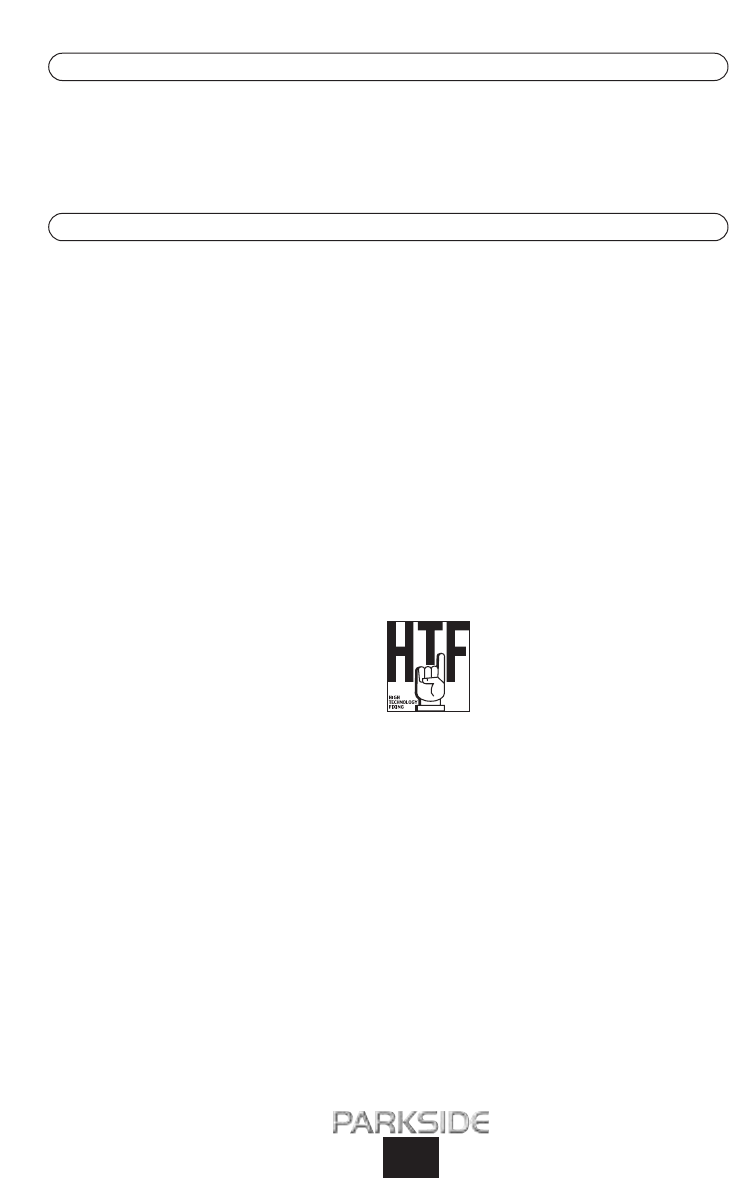
MAINTENANCE OF THE ORBITAL SANDER
1. Clean the sander regularly. For the best results do this straight after the work has been completed.
2. Do not allow liquids to get inside the sander. Use a soft cloth for cleaning the housing. Do not use petrol, solvents or cleaners
that may attack the plastic.
3. Air vents must always be clear and clean.
ADVICE ON WORKING METHODS, TIPS AND TRICKS
• You can use the PSS 260 orbital sander for effortless sanding even on large areas, see Fig. ቲ.
• Move the orbital sander in parallel broad circles or in alternate longitudinal and transverse directions.
• Do not press on the orbital sander. This damages the sanding sheets and adversely affects sanding performance.
• From time to time clean the sanding sheet with a vacuum cleaner.
• You do not have to resand any areas when working up to edges. The orbital sander works right into the corners because its housing
is continuous with the edge of the sanding sheet, see Fig.
ታ.
• The integrated dust extraction system allows you to work cleanly overhead. Use the integrated dust extraction system or your vacuum cleaner
wherever possible when sanding.
• The choice of speed and grade of sanding sheet determines the sanding performance and therefore the results of your work.
• Never use the same sanding sheet on different materials (e.g. wood and then metal).
•* For metals we recommend 60 grade (steel) or 80 grade (aluminium) – with a medium to high speed.
•* For wood we recommend 60 grade (hardwood) or 60 – 80 grade (soft wood) with a medium to high speed. If you are sanding veneered
surfaces we recommend 240 grade – with a low to high speed depending on the smoothness of the finish.
•* When working on varnished/painted surfaces we recommend 120 grade e.g. for smoothing out scratches (medium to high speed),
180 grade for sanding down (low speed) and 40 grade e.g. for removing rust (low to middle speed).
• The PSS 260 orbital sander uses HIGH TECHNOLOGY FIXING.
This no-tool quick change feature allows you to work
more easily and quickly. One hand is all that is needed.
•* These are advisory recommendations only. Before you start work, you should carry out a test to see which grade and speed is
most suitable for your work.
Further practical tips for power tools can be found in the accompanying booklet on safety advice.
We reserve the right to make technical modifications in the course of further development.
6












